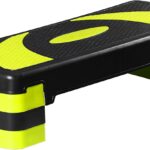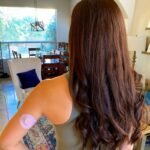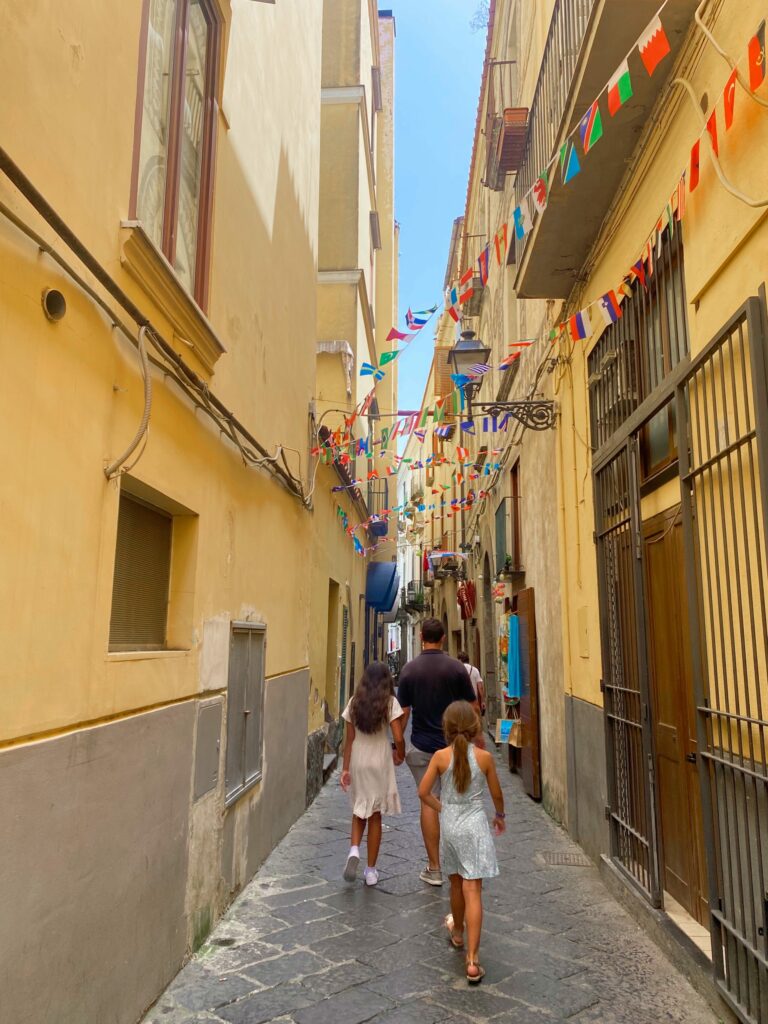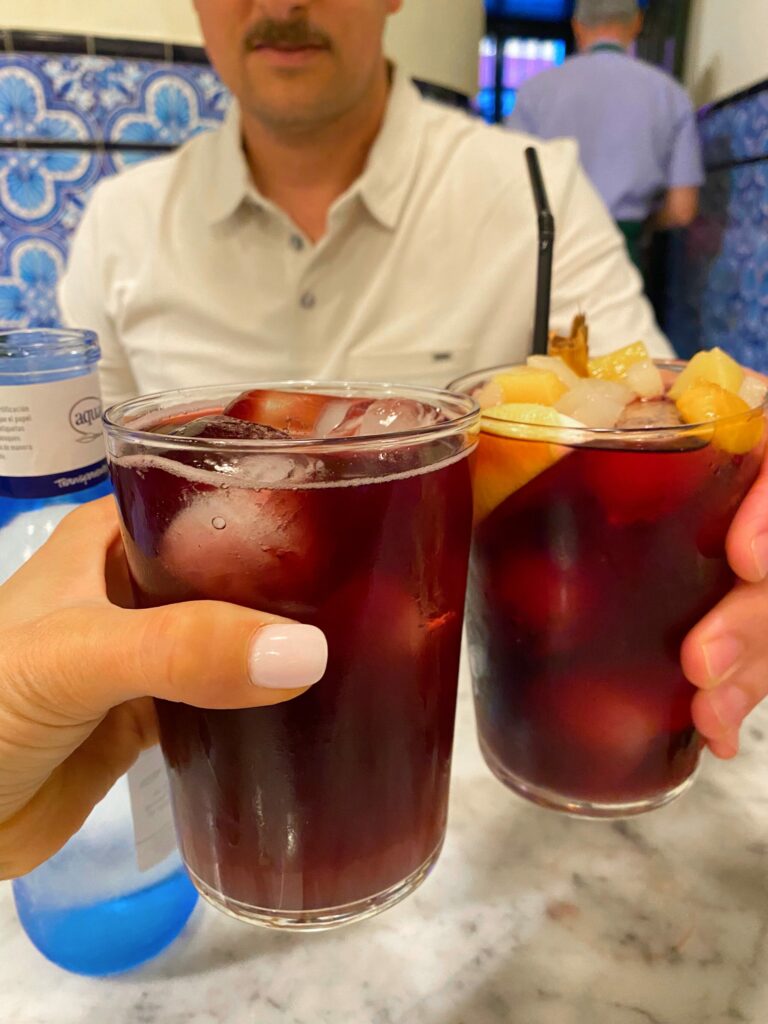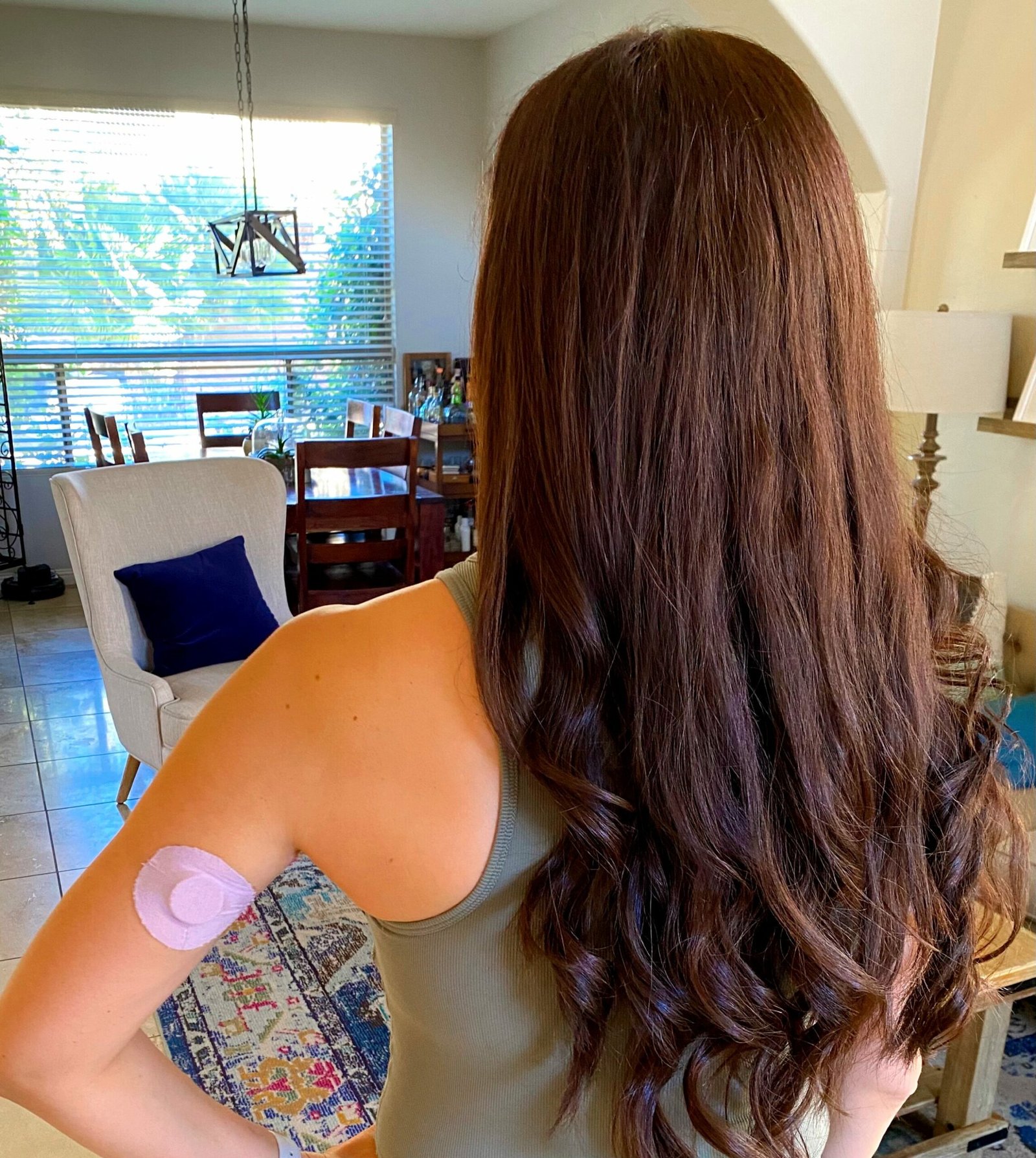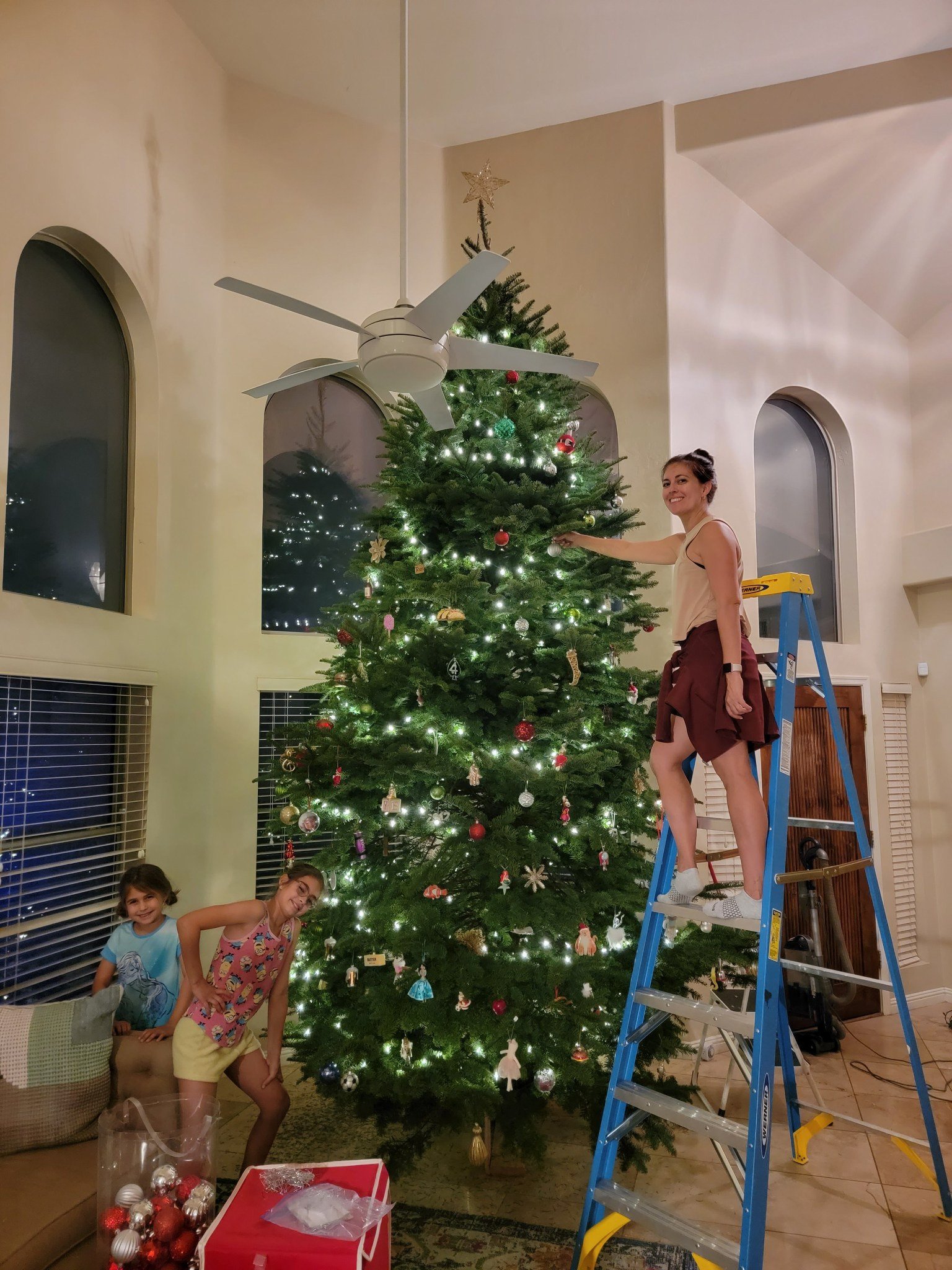Share some of my advice on how I beat the jet lag and wake up in another country with shiny eyes and with a brushy tail (even during the flying economy).
Hi friends! How are you doing? I hope you enjoy the week! I have another day filled with calls, but I can’t wait to live in our detoxification group today – just a downstream, Protocols are 20% reduction this week, including detoxification.
While I sit here at my office, I definitely have the travel bug (again). I read somewhere who constantly needs to travel is a kind of response in trauma, but we will simply ignore this mmm k? I wanted to write an article on the jet lag and some of the things that helped me, and I thought it would be a good day to share.
The jet lag used to ruin each trip for me. I would spot somewhere new, ready to explore, but my body would be stuck in another time zone: great awake at 3 am and would crash in the middle of the afternoon. Over the years (and many international flights later), I have tested dozens of strategies to understand what really works. Now, I can jump through time zones and adapt quickly, without losing precious days for brain fog and exhaustion.
Here is my zero -off travel routine.
How to travel without time difference
Start before flying
The secret to beat the jet lag is to prepare before even walking on the plane. A few days before the trip, I start to change my sleep schedule by wake up a little earlier (or later, depending on my destination). Even a 30 -minute adjustment every day can make a big difference once you have landed. Before our last trip to Spain, I woke up early (5 a.m. and 4:30 am) and it was great to be tired on the plane.
Another tool that I like is the Timeshifter application (not sponsored or affiliated, I love it).It builds a personalized schedule according to the details of your flight and sleep habits, indicating exactly when looking for light, avoiding caffeine or making short naps. The application was created with the contribution of sleep scientists and astronauts (!) Who treat extreme circadian rhythm changes. The first travel plan is free, and that has completely changed my way of traveling. The girl’s naturopath told us about it and it was incredible.
Smart sleep support
Sometimes a little additional help goes very far.
Melatonin (low dose) – I use it sparingly to help report my body, it’s time to sleep. This is my go-to for reset each time I travel, especially because the hotel’s sleep can be risky. It was a Total Gamechanger for me.
Magnesium oil or spray – The application of this before the bed helps my muscles to relax and supports a deeper rest.
Sleep mask + earplugs – Darkness and silence are not negotiable. A good mask and quality ear caps help imitate the night even when it is shiny and noisy on the plane.
Light blue locking glasses – I have branch real dark and Vivarays And love them both.
Travel pillow + blanket – If I can get a few solid hours of rest on the plane, the setting is so much more fluid.
Light, movement and caffeine
Once I spot, I treat light like medicine. Brilliant sunlight is one of the strongest signals to reset your circadian rhythm. I try to spend at least 20 to 30 minutes outside in the morning and I try to walk barefoot on the grass if you have the opportunity.
Caffeine can also be your ally, when used strategically. I generally avoid caffeine, but a morning coffee or a matcha can strengthen the alarm signal. I would not recommend having it afternoon because it can interfere with bedtime. The movement also helps. Even a quick walking or stretch session operates the circulation and helps your body adapt.
Once you land, you are in this time zone. Do not think when you come; It will just spoil with you. Also try to avoid naps if you can; Try to fight the right fight to bedtime. If you need to take a nap, make it a small catnap, then immediately go for sun and exploration.
My routine on the plan
Stay hydrated (but not overloaded – the plane bathrooms are not fun).
Avoid alcohol and heavy meals.
Get up and move during the first hours (until I fall asleep)
Wear blue light blockers while waiting for the meal to be served
Take dinner, then I have melatonin then I light up
Use my sleep kit: mask, ear caps, magnesium spray, pillow, blanket.
Remember that even if you don’t sleep right away, you always rest. Keep your eyes closed, meditate and use time to turn off your brain and rest your body, even if you don’t sleep. I think that when you put pressure on yourself to sleep, it is stressful to you, but just put your sleep mask and tell you if it happens, great, but if not, I will just rest. I end up falling asleep almost every time. (I know that the children have dinner and are installed and happy, and I just tell them to wake up if they need me. I took them to the ladies’ room a few times during our last long trip and I was able to crash quickly after, thanks to melatonin.)
These small rituals make the difference between feeling like a zombie when I feel ready to go.
Why does it work
The jet lag is essentially a discrepancy in the circadian rhythm. The “internal clock” of your body is out of synchronization with your environment. By strategically using light clues, sleep and smart supplements, you can teach your body to adapt more quickly. Applications like Timeshifter still facilitate it by offering you a plan supported by science adapted to your trip.
Travels are intended to be appreciated; Not spent to fight against your own sleep schedule. With a few smart sleep tools and lifestyle adjustments, you can minimize or even eliminate time difference.
And here is my bonus tip: although vibrant plates or trendy wellness hacks can attract attention, I find the tools simple and coherent – like sunlight, sleep support and hydration – are what keeps me really supported, no matter where we are.
Let me know if you try these tips! Hourly difference advice that you would add to the list?
xoxo
Gina



